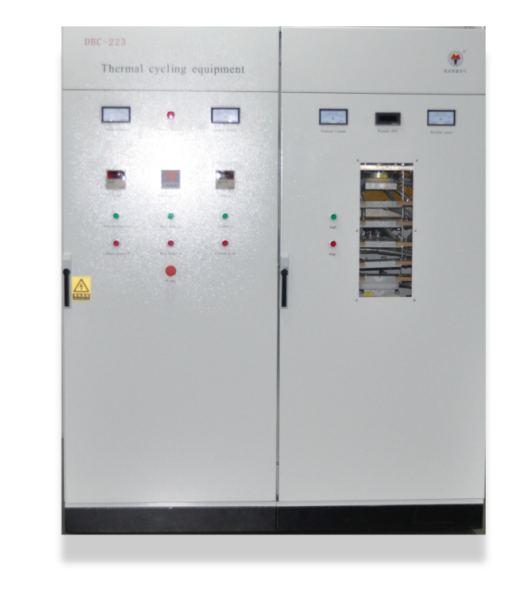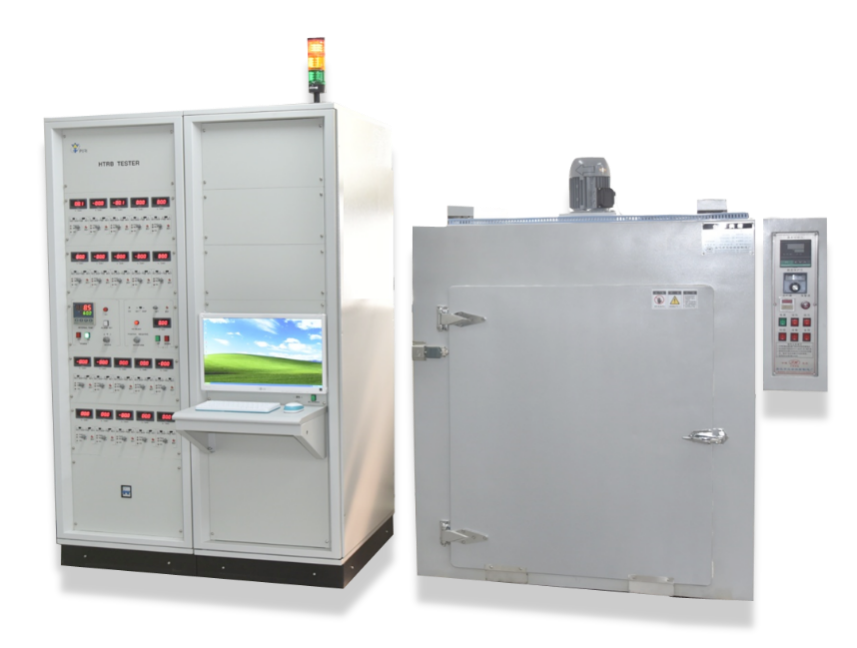Quality is an investment, not a cost. This applies to our customers as well as to us. A well-established quality management system allows us to systematically control all quality-related processes and thus to ensure the right quality of our products and services. Based on this foundation, we are able to make the most of our know-how and create value for our customers. Trustful and honest collaboration allows us to translate feedback into improvement and thereby achieve the highest level of customer satisfaction.
The main characteristics of our QMS:
- Clearly defined management structures, adherent processes and strategic initiatives
- Top-down flow of strategy definition and target deployment
- Bottom-up flow of target achievement and reporting
- Dedicated measures to continuously keep quality awareness on a high level
MS Power fulfills international quality management standards such as ISO 9001.








